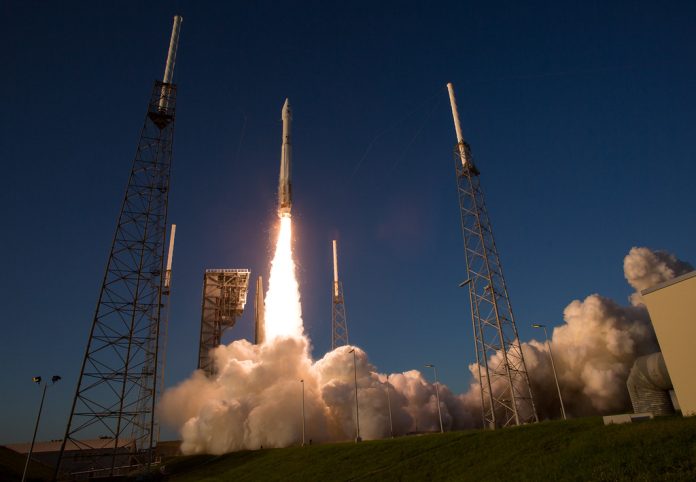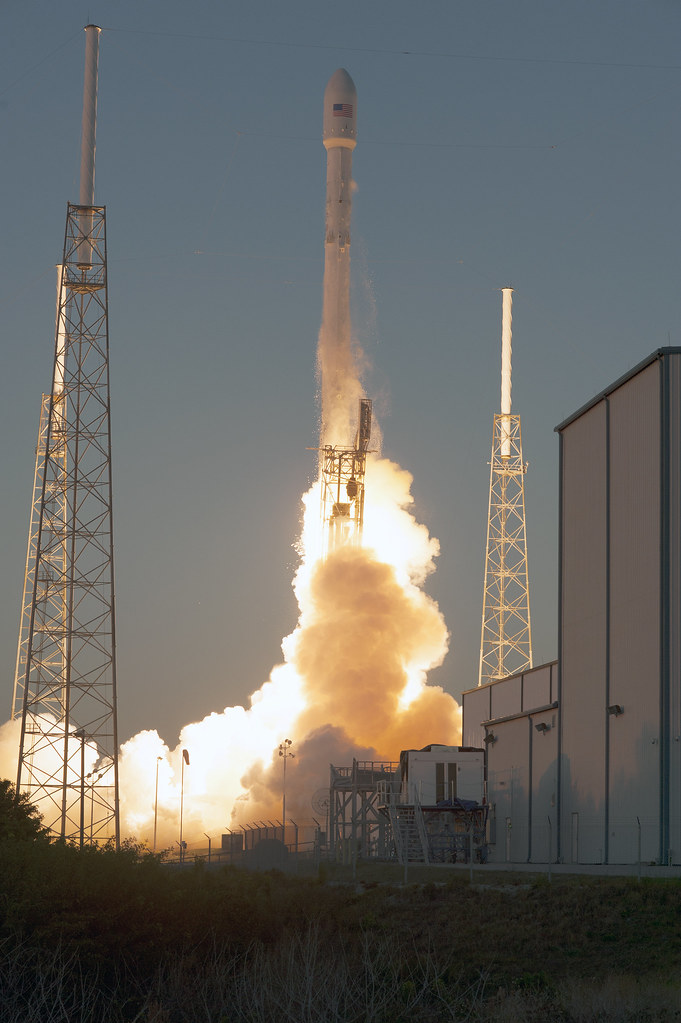
Amidst a rapidly evolving landscape in satellite communications driven by pioneers such as SpaceX, French multinational Thales has significantly broadened its reach with strategic acquisitions, eyeing advancements in connected cockpits and military tech.
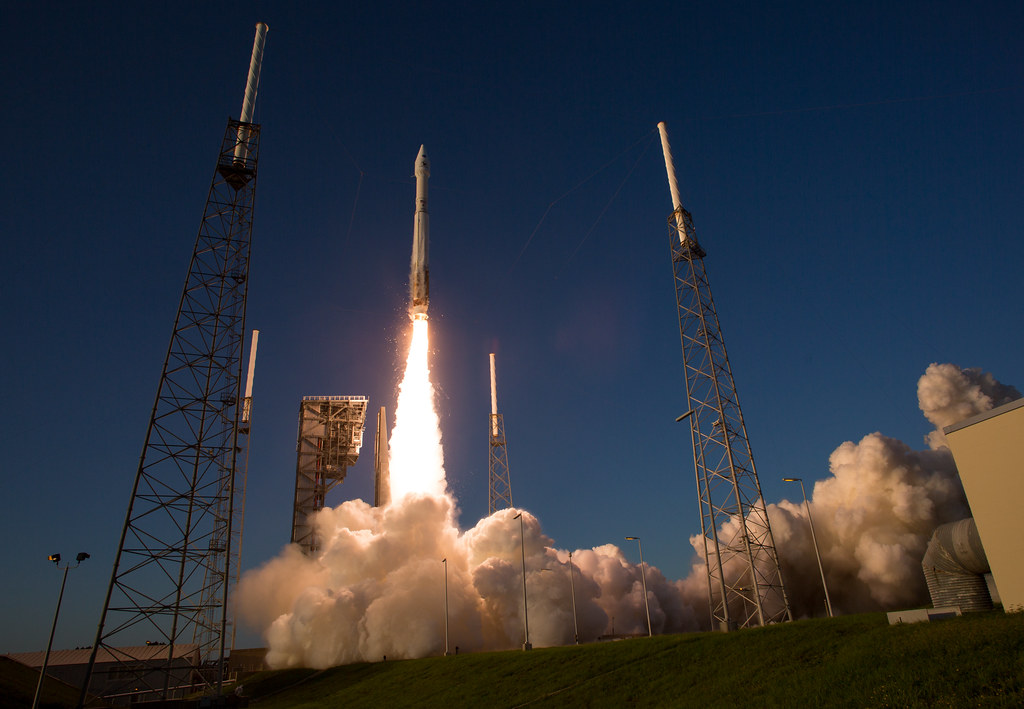
Thales has acquired the Israeli company Get SAT, a move that underscores the global race for superior satellite communications capabilities, especially for military applications where flexibility, durability, and security are critical.
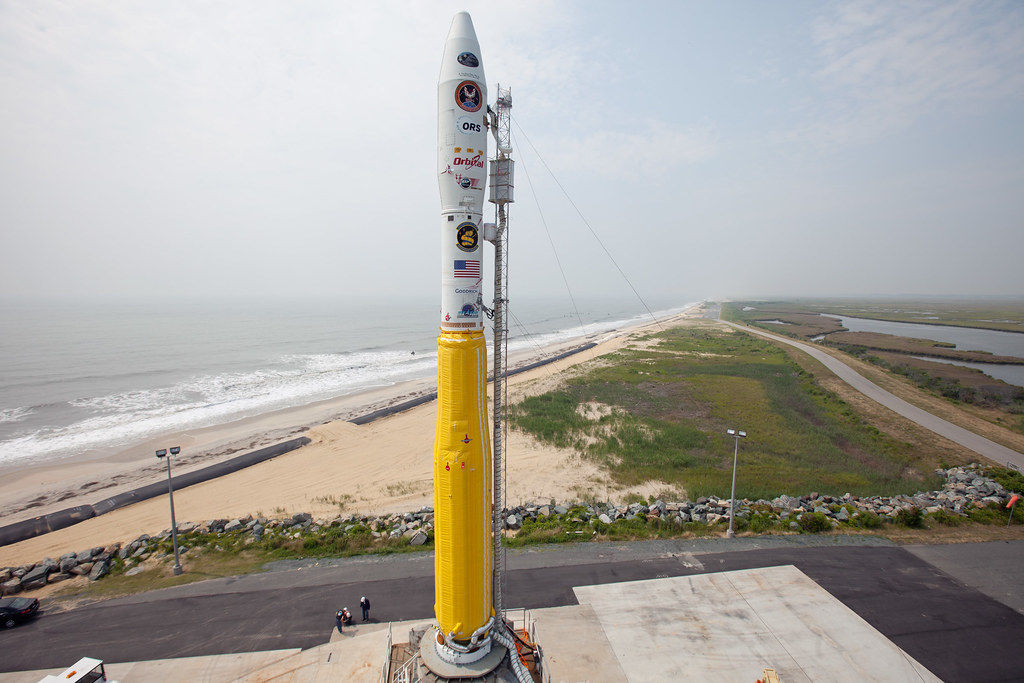
“Requirements in the market are changing dramatically thanks to Elon Musk and SpaceX,” stated Aaron Brosnan, president of Thales subsidiary Tampa Microwave, emphasizing the growing demand for satellite communication solutions that are versatile and robust enough to operate across various orbits.
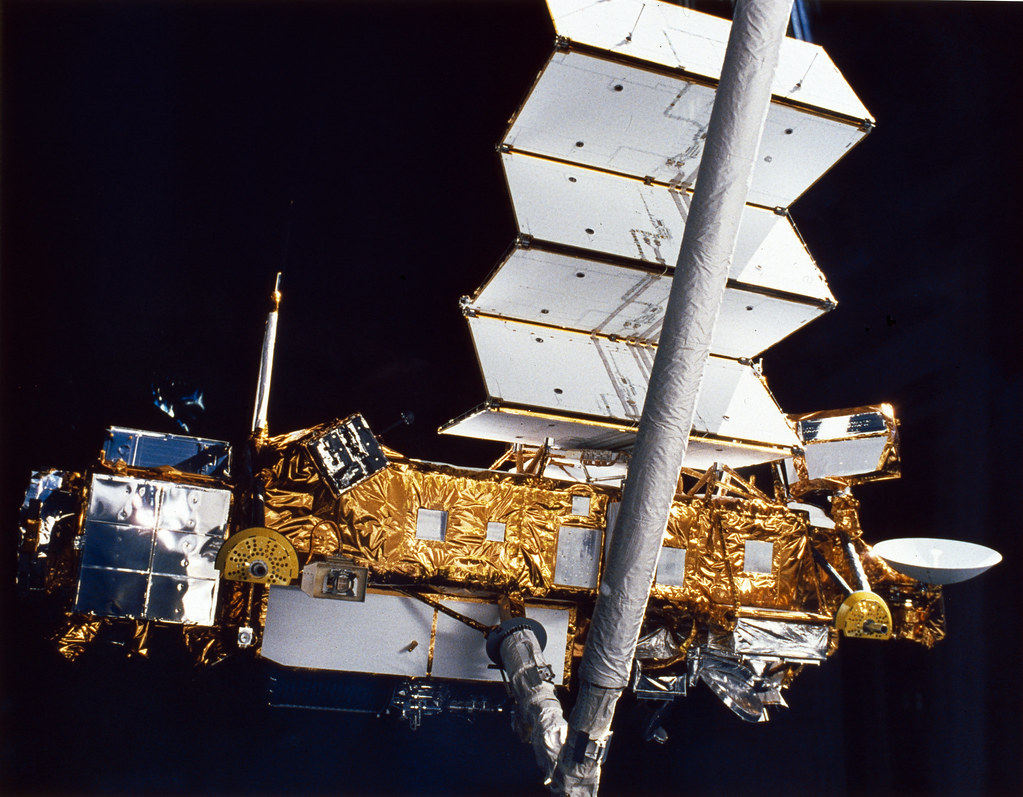
This is in response to the United States Defense Department’s (DoD) appetite for terminals that can function with any orbit, network, or band, and particularly on the move, a clear shift from the era when geostationary (GEO) satellites were the norm.

The Milli Sling Blade antenna, a product by Get SAT and now part of Thales’s portfolio, represents the cutting-edge technology that the military sector is seeking.

This antenna features electronically steered phased array technology, enabling communication with satellites in low (LEO) and medium Earth orbit (MEO), which are valued for their lower latency and higher throughput compared to GEO satellites.
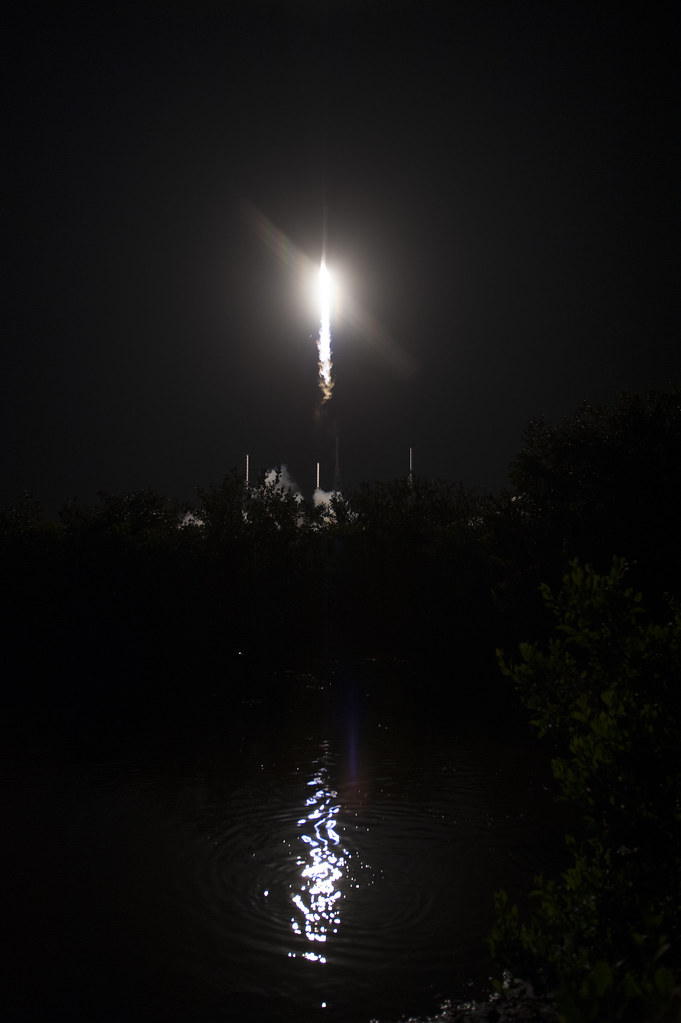
The new capabilities are not just about staying connected; they are crucial for security. Brosnan explains that modern modems and modulation techniques make signals less susceptible to jamming by “hiding the signal in the noise,” which is essential for maintaining secure lines of communication on the battlefield.
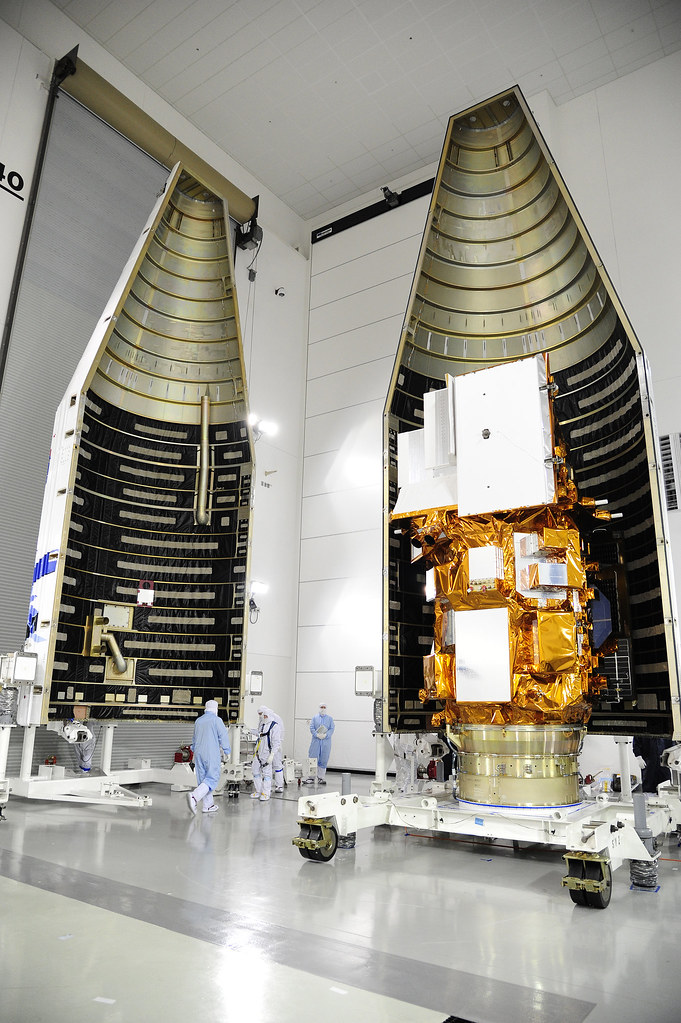
The Thales official underscored the acquisition’s alignment with their global SATCOM business, enhancing their position in communication integration.
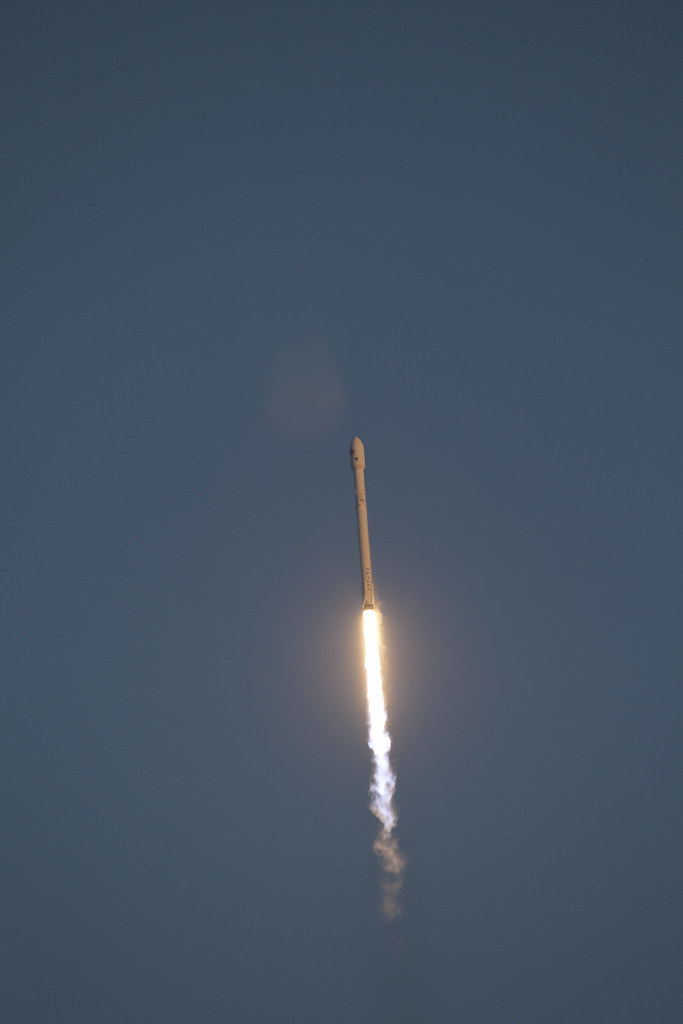
Meanwhile, the U.S. Space Force is also reevaluating its organizational structure to adapt to these technological shifts.
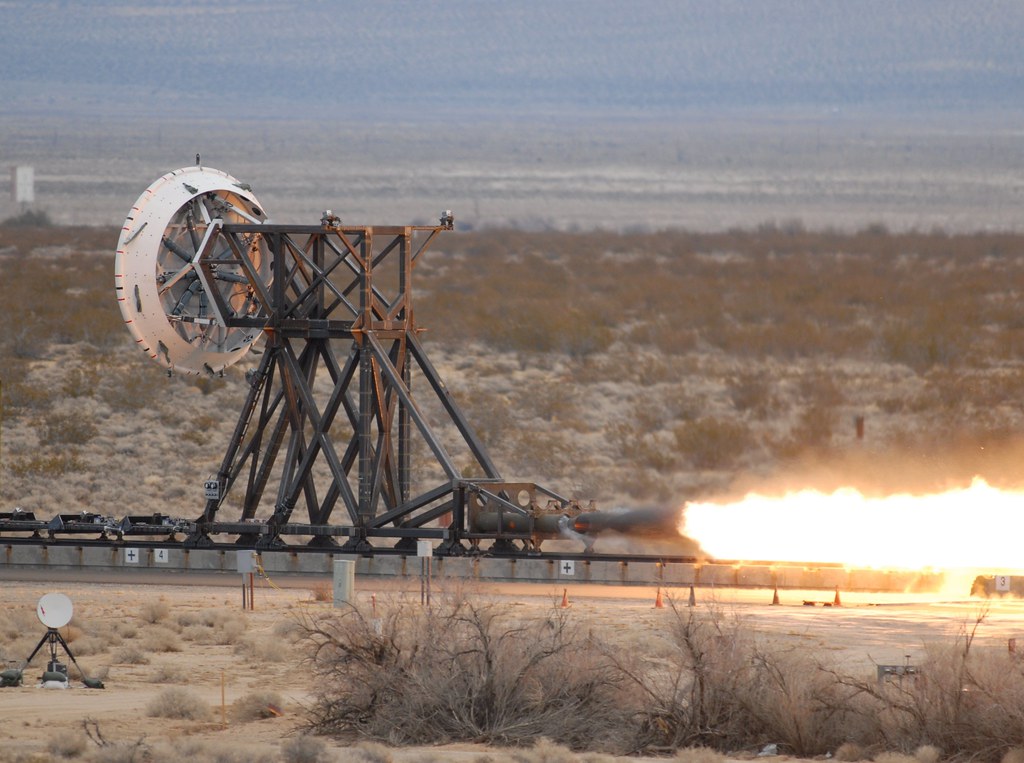
The Integrated Mission Delta (IMD) approach, experimented with over nine months, has yielded positive results for force readiness, prompting the intent to restructure several mission areas, including satellite communications and orbital warfare, as confirmed by Lt. Gen. Philip Garrant of Space Systems Command.
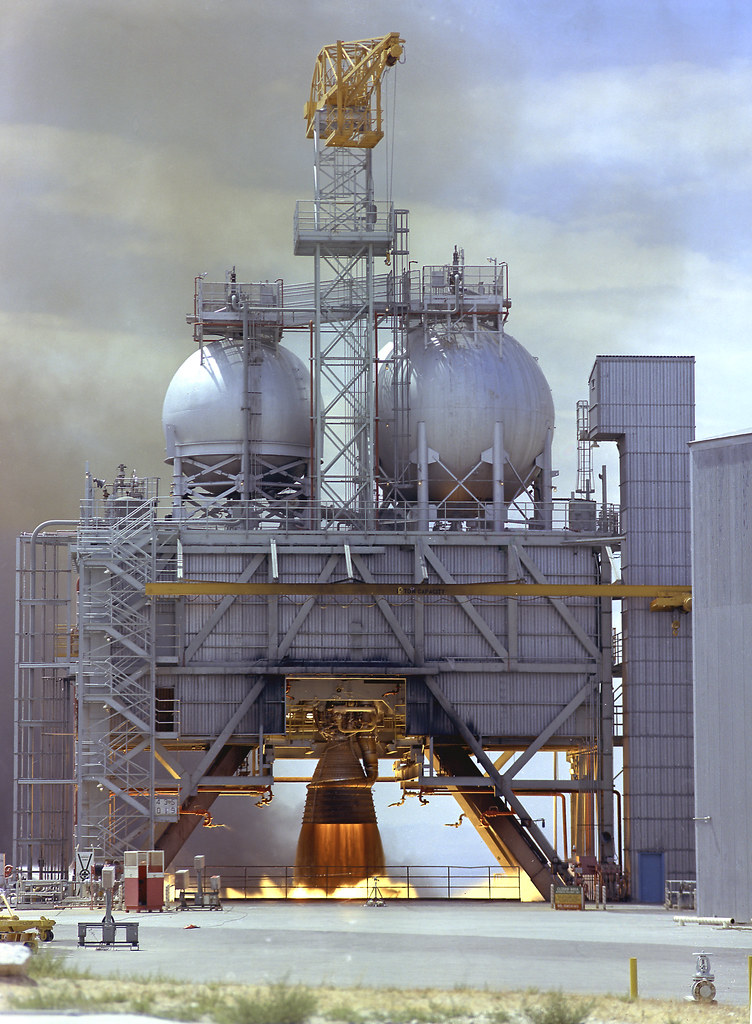
Further expanding its avionics portfolio, Thales has also completed the acquisition of Cobham Aerospace Communications (“AeroComms”). Yannick Assouad, Thales Executive Vice-President Avionics, considers this a strategic step into the increasingly attractive communications and connectivity market, paving the way for a more sustainable aerospace future.
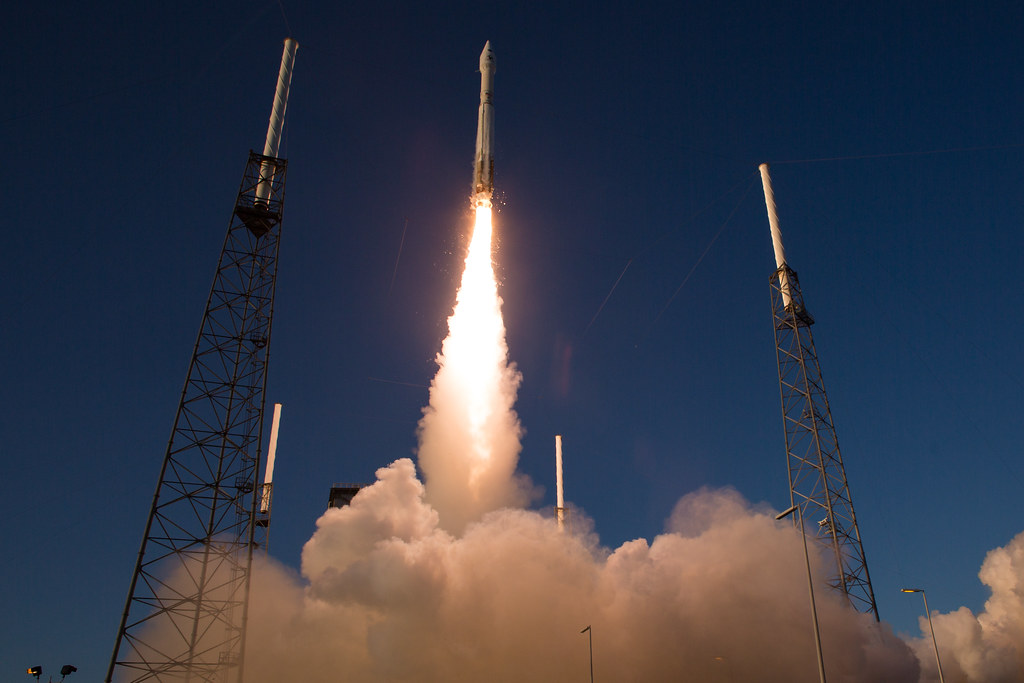
The relevance of these developments is underscored by geopolitical events, such as Israel’s recent engagement with SpaceX to introduce Starlink internet services, particularly for communities affected by the ongoing conflict.
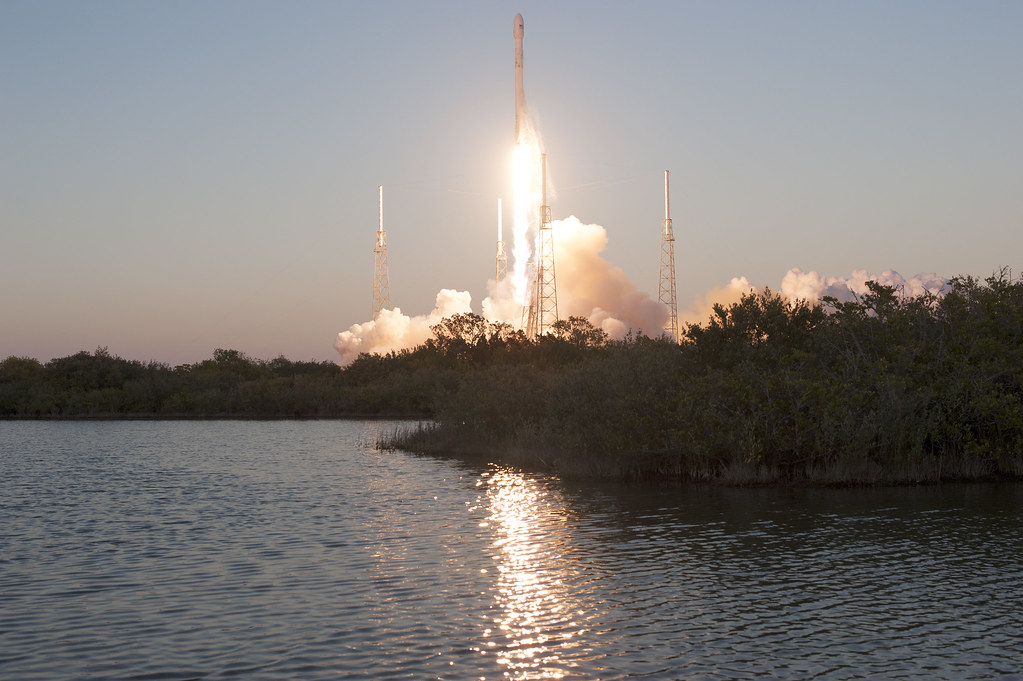
The utility of satellite-based internet in conflict zones became prominent when Ukrainian forces relied on Starlink during the Russian invasion, highlighting the critical edge such technology provides.
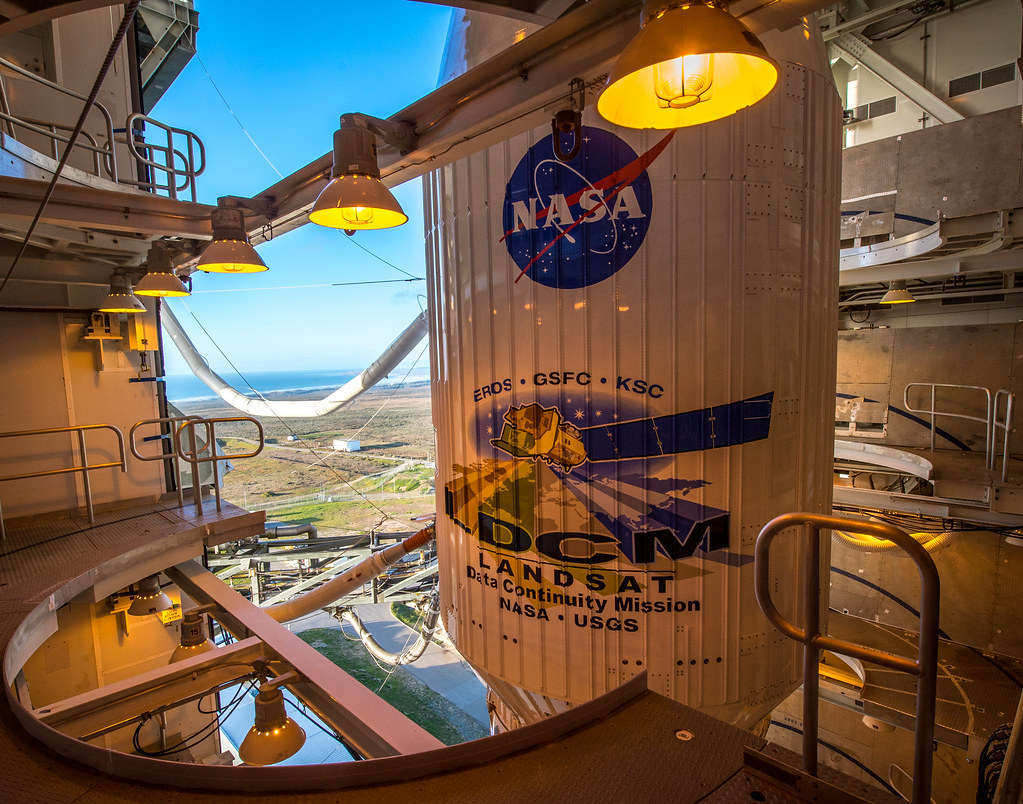
These strategic moves by Thales and shifting paradigms in military satellite communications reflect an acknowledgment of the high stakes involved in military readiness and operational security.
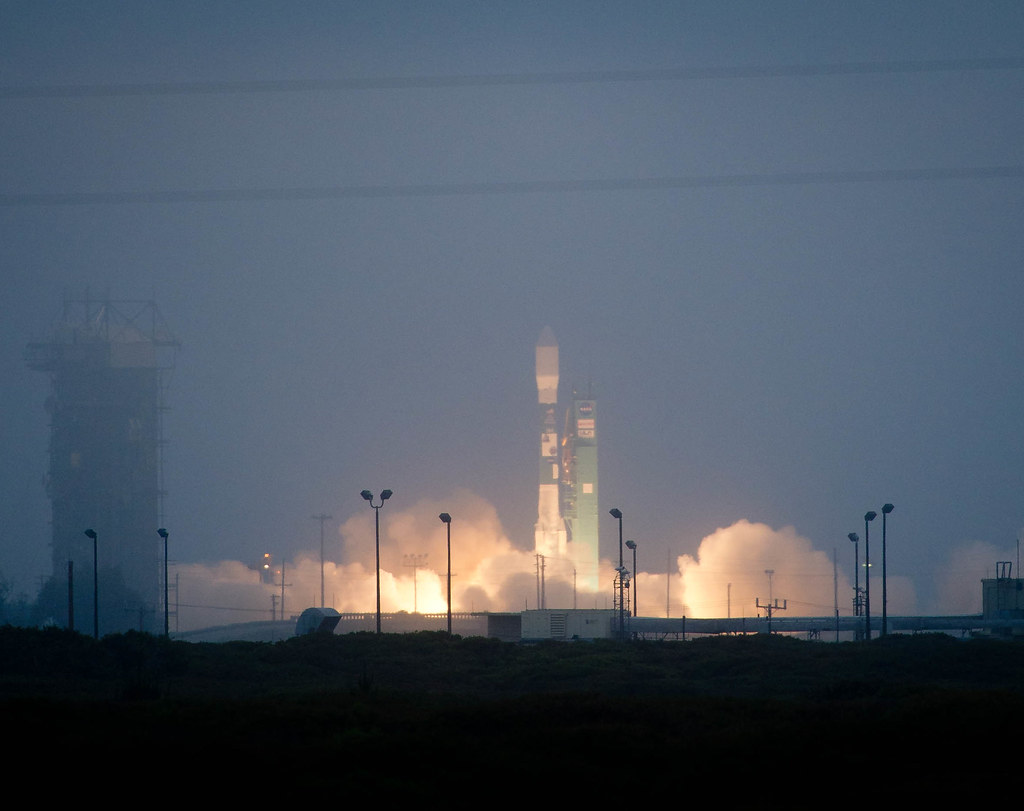
As geopolitics and technology continue to intertwine, the race for superior satellite communication solutions illustrates an unyielding drive towards innovation in defense and aerospace sectors.
Relevant articles:
– Amid influence of Starlink, Thales buys Israeli company Get SAT, Breaking Defense
– Space Force to restructure all missions into ‘integrated’ units to boost readiness: Lt. Gen. Garrant, Breaking Defense
– Thales completes the acquisition of Cobham Aerospace Communications, adding global leading position in safety cockpit communications, Thales
– Israel looks to roll out SpaceX Starlink internet amid war with Hamas, TechCrunch
